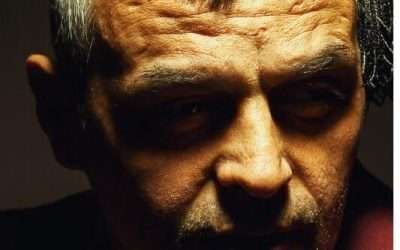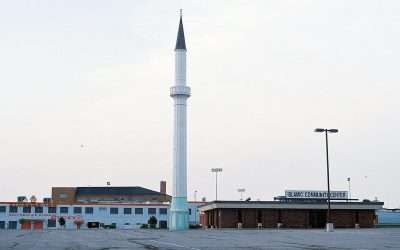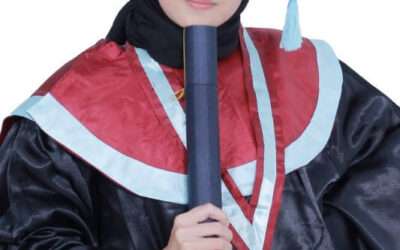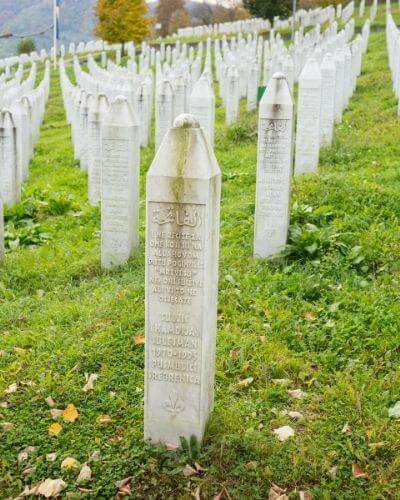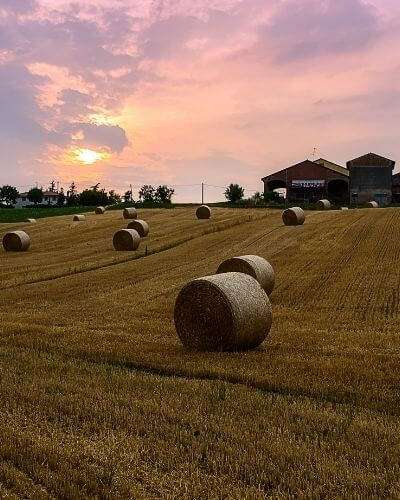Bosniaks in North America

“In Bosnia before the war, our children played in the streets and walked miles to school by themselves. Here, we must watch them every minute, or who knows what will happen. This is not freedom,” complained Adisa, a young Bosniak mother.
The historical term Bosniak has been resurrected (replacing Bosnian) to identify Slavic Muslims from the country now known as Bosnia-Herzegovina. Adisa’s distress resonates with other Bosniaks who make up the diaspora in North America. They were torn from their idyllic homeland, where they had enjoyed the best lifestyle of any communist bloc country. Multi-ethnic Bosnia was home to Bosniaks, Serbs, and Croats, who lived side by side in harmony for generations. However, it was the Bosniaks who suffered the most when Yugoslavia disintegrated during a series of ethnic and religious wars in the 1990s. Of the 100,000 people killed in the Bosnian War (1992-1995), 83% were Bosniak civilians, one-third of whom were women and children. During this time, Bosniaks were victims of unfathomable atrocities, including ethnic cleansing, systematic rape, and genocide.
North America offered refuge in the 1990s to many Bosniaks who had experienced significant trauma, including the death of family members, loss of home and possessions, torture, and abuse. Today, the Congress of North America Bosniaks represents an estimated 350,000 Americans and Canadians of Bosniak descent and origin, most of whom settled in the cities of the American Midwest.
Bosnian, the official language of Bosnia, is taught in several of the cities where large numbers of Bosniaks live and work.
Religious Life
“Before the war, we didn’t even know we were Muslims,” Adisa explained. Bosniaks were secular people who enjoyed celebrating different religious holidays with all their neighbors (Christmas with Catholic Croats, Easter with the Serbian Orthodox, and Hanukkah with the Jews). The hatred they experienced during the war awakened them to their heritage and provided a unifying cultural and ethnic identity. As Adnan, a television producer in New York City, explains, “I was born Muslim, my parents are Muslim, and I am Bosnian. I cannot be anything else.”
Most Bosniaks, however, do not actively practice the Islamic faith. Some of them only attend mosques for holidays and funerals. However, Bosniak religious leaders have been able to reinforce their people’s corporate Muslim identity by creating Bosniak community centers throughout North America that are linked to local Bosniak mosques. There are no churches known in North America, primarily consisting of Bosniaks.
THESE ARE THE BOSNIAK COMMUNITIES IN NORTH AMERICA MOST IN NEED OF GOSPEL WITNESS
| People Group | Metropolitan Area | Population Size | Concentrated Area | Priority Score |
|---|

